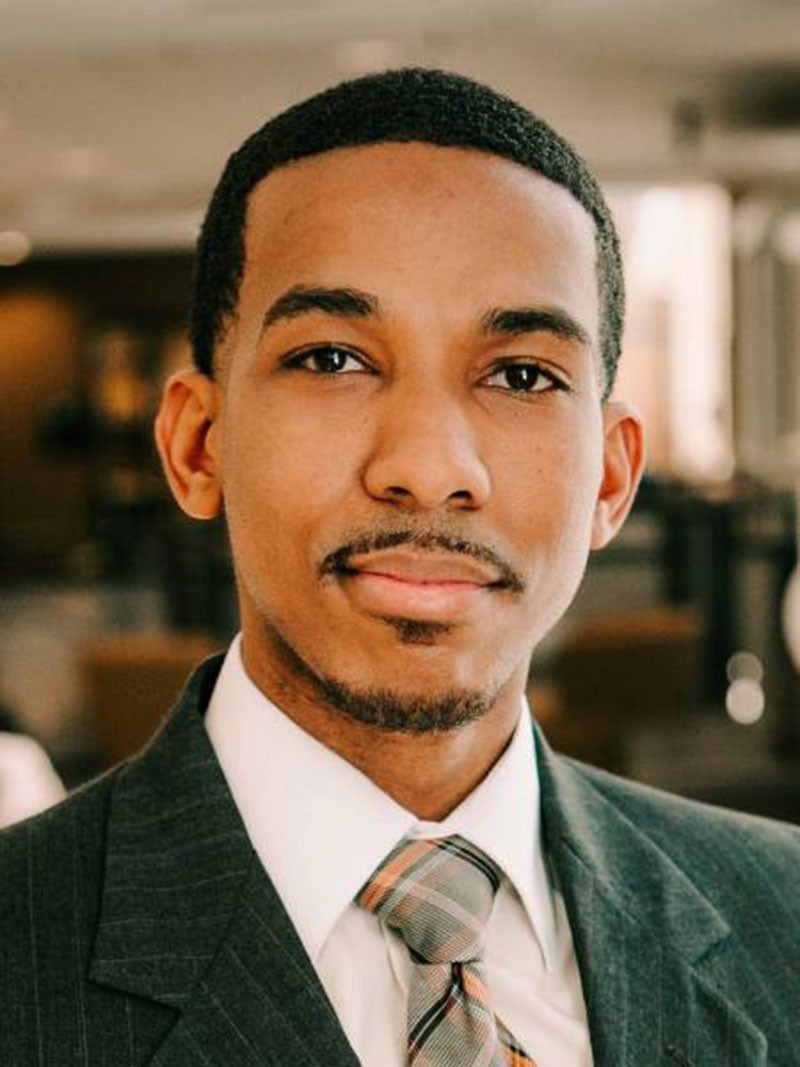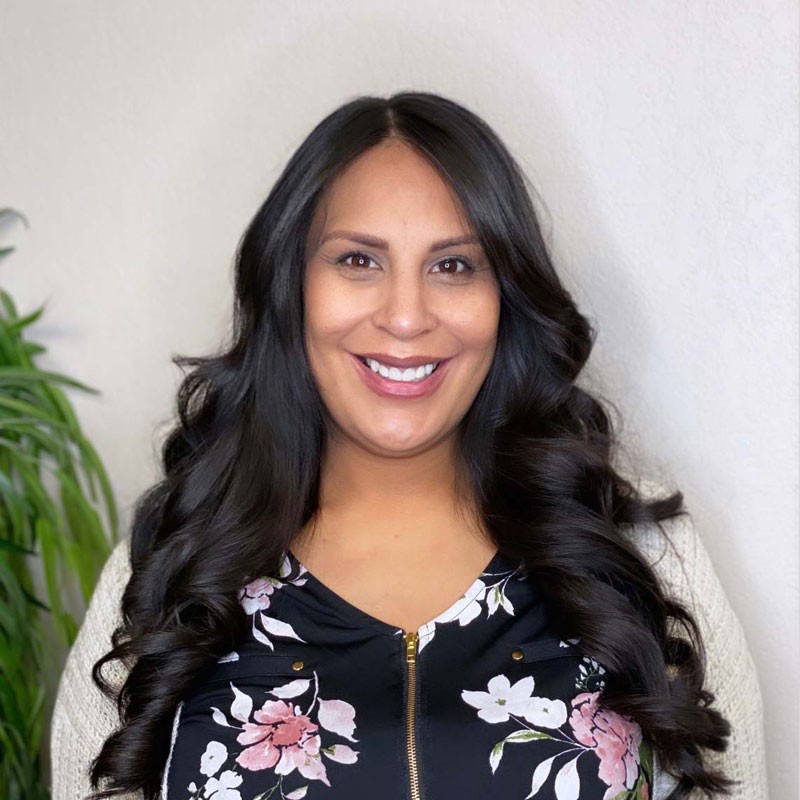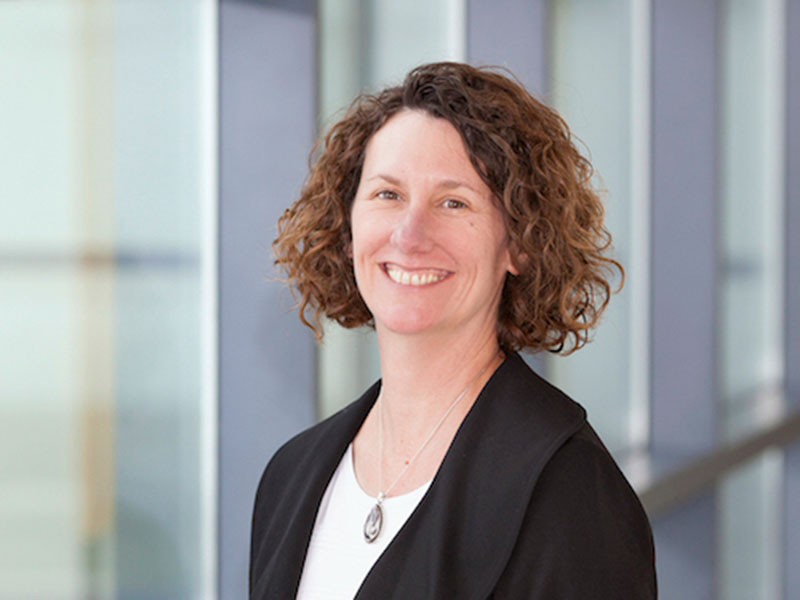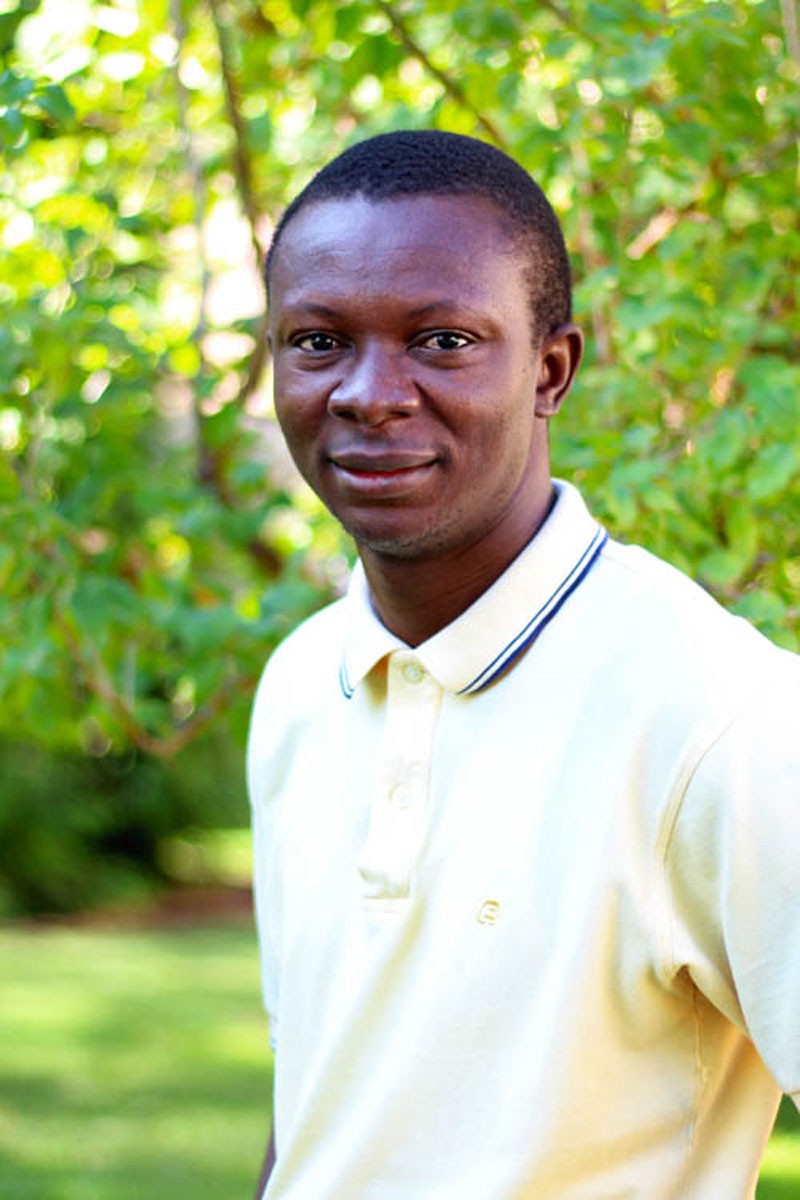USU Announces 28th Annual Diversity Award Winners
By Marcus Jensen |
LOGAN, Utah — The Utah State University Division of Diversity, Equity & Inclusion has announced the recipients of the 2022-23 USU Diversity Awards. These awards recognize individuals and/or organizations on campus and in communities served by USU who have made significant contributions to inclusive excellence practices.
This year’s recipients are Michelle Baker, Beth Buyserie, Amand Hardiman, Olusola Omisakin, Ashanti Moritz and the HEART group.
The formal presentation of the awards will take place at a presidential luncheon held later this semester.
Michelle Baker – Administrator
Baker serves as the dean for the College of Science, which includes the departments of Biology, Chemistry & Biochemistry, Computer Science, Geosciences, Mathematics & Statistics and Physics. Baker previously served as the college’s interim dean and associate dean for research and faculty.
While serving as interim dean, Baker was lauded for her efforts in establishing the college’s JEDI-STEM Collaboratory. This initiative addresses the need for greater justice, equity, diversity and inclusion in the college and throughout the university. Baker’s vision, with its explicit focus not only on scholarship but also on equity, has generated a more diverse applicant pool than would otherwise have applied.
Throughout her time at USU, Baker has mentored and encouraged diverse students. As a faculty member, she was a strong proponent of the Native American Summer Mentorship Program (NASMP), hosting Indigenous student interns in her lab for several summers. More importantly, she encouraged and supported many graduate students as a faculty mentor for the NASMP program. Baker has also encouraged Biology faculty to apply for the National Science Foundation’s Research and Mentoring for Post Baccalaureates in Biological Sciences grant, which focuses on diversity.
Beth Buyserie – Faculty
Buyserie arrived at USU in 2019, and since then, has worked steadily and consistently to integrate diversity, equity, and inclusion values into the composition program. Her work focuses on writing program administration, the teaching of composition, critical pedagogies, professional learning and the intersections of language, knowledge and power through the lenses of queer theory and critical race theory.
Buyserie’s commitment to inclusive excellence is embedded in everything she does, and she has been tremendously effective in multiple ways in the effort to move the English Department and the University — toward diversity, equity, and inclusion goals. She expresses those values in her own research and scholarship, as well as in her administrative role as the Director of Composition.
Equity and diversity are at the core of her scholarship, which focuses on language, knowledge and power in composition programs, with a specific interest in analyzing the connections among language, power, equity, pedagogy and administration.
Buyserie has instituted monthly professionalization workshops available to all the teachers in the program — lecturers, graduate assistants and adjuncts — that have consistently considered questions of diversity. She has led discussions on critical race theory with colleagues working in this area, arranged for outside speakers to help navigate difficult conversations in the classroom, and led a syllabus review to help instructors assess their syllabi for diversity issues.
Amand Hardiman – Staff
Hardiman models behavior — both a researcher and teacher — that promotes diversity, equity and inclusion. Hardiman’s dissertation research is designed to provide insight into Black adolescent youth experiences in sport and the role a sense of belonging plays in these experiences. He is passionate about the creation of curricular and extra-curricular contexts that serve diverse youth by fostering equitable outcomes and inclusive spaces.
In the classroom, Hardiman has infused a critical pedagogical lens to promote research and theory from a range of Black, Latinx, LGBTQIA+ and immigrant scholars. Doing so has challenged students to learn about and appreciate the full range of developmental factors that impact minoritized groups in the United States.
In addition to core graduate student roles of research and teaching, Hardiman has taken on advanced service roles at the department and university levels, as well as sought outreach opportunities in the Logan community. Over the past three years, he has served on the planning committee for the Inclusive Excellence Symposium. He also helped co-organize USU’s first Juneteenth Event Series in the summer of 2021.
Hardiman is a standing member of the Aggie Athletics DEI Committee, where he co-led an anti-racism training for coaches, staff and student-athletes. He has also been a key player in the Department of Human Development and Family Studies' DEI Working Group.
Olusola Omisakin – Student
Omisakin is a Ph.D. student in Sociology. Omisakin is an international student from Nigeria whose research is related to diverse identities living within and outside of the United States and social equity. He demonstrates inclusivity and community building in all of his engagements and advocated for social justice through academia, leadership, activism and community service.
His research addresses inequity in health care and mortality disadvantages among minority populations and underserved communities in the United States. In 2021, Omisakin was the lead author of a publication that examined the causes of death contributing to the life expectancy gaps among Native Americans and Whites in the Four Corners States of Arizona, Colorado, New Mexico and Utah. Through conference participation and seminar presentations, he has continued to share the knowledge and experiences garnered from his studies with researchers around the world.
Omisakin’s research has been highly successful and recognized through his receipt of some awards, including Population Association of America (PAA) Best Poster Presentation Award (2021), Utah State University’s Travel Award (2022), and Utah State University Student Association’s Graduate Enhancement Award (2021-2022). Through his activity on campus and the many roles to which he has contributed to promote diversity at USU, Omisakin has helped other Aggies thrive.
Ashanti Moritz – Community Individual
Moritz was the business development and outreach director for Warrior Spirit Recovery, a drug and alcohol addiction recovery treatment center in Tooele, Utah, which has been a vital partner in USU Extension's efforts statewide to build a community approach to addressing the opioid crisis. As a diversity issue, people who use drugs are a marginalized population, and people with this disorder are routinely stigmatized and discriminated against. Many experience housing insecurity, encounters with law enforcement, and problems in their social lives, all of which compound the social exclusion that they experience.
Warrior Spirit Recovery is a White Bison Affiliated Residential treatment facility located in Tooele owned and operated by the Skull Valley Band of Goshutes. The facility serves both Tribal and non-Tribal members to bring together a healing process that addresses the needs of each individual in an open space, allowing personal growth. Moritz’s role has been to build bridges to the communities surrounding Tooele to help create and foster relationships with health care providers, community services, and bring an awareness of recovery to those seeking services.
As an indigenous woman who is in long-term recovery herself, Moritz uses her life experiences to bring people in Tooele together to build a recovery-ready community. She is a vital member of the Tooele Rural Opioid Healthcare Consortium, the Tooele Neonatal Abstinence Syndrome working group, and the Tribal and Rural Opioid Initiative and has been a courageous community partner and advocate for people with substance use disorders. Ashanti always shows up to community events to help with advice, financial support, volunteers, and promotion. She recognizes the importance of supporting community events, even those outside of the recovery community, because they create the community cohesion that is so necessary.
She has served as a cultural guide to USU partners to address issues of diversity, equity, and inclusion. As a non-USU Extension employee, she has gone above and beyond to build inclusivity and diversity outreach in our opioid harm reduction. Her leadership has been a driving force for our efforts to reduce overdose death not just in Tooele, but in statewide tribal and rural efforts.
HEART Initiative – Community Organization/Group
The Health Extension: Advocacy, Research, & Teaching (HEART) Initiative began in 2018 as a multidisciplinary, five-faculty team working with diverse populations in nine Utah counties most impacted by the opioid overdose crisis — Carbon, Emery, Utah, Salt Lake, Tooele, Davis, Weber, Cache and Box Elder.
The HEART Initiative promotes and maximizes opportunities to achieve diversity for individuals in recovery, treatment, and acceptance of those experiencing a substance use disorder. Despite its relatively small population, research shows that Utah ranked amongst the top three states most affected by the opioid overdose crisis. The combination of the widespread impact of this issue with the high level of stigmatization against those affected by it leaves many Utahns without access to life-saving social connection and support.
The HEART Initiative works to reduce the stigma against people with substance use disorder and develop more acceptance of evidence-based treatment and recovery throughout Utah. Striving to enhance relations among people who are different, HEART holds educational events that teach evidence-based information about substance use disorder, often in underserved rural areas, in order to increase understanding of the disorder and nourish acceptance in community members as well as employers, law makers, and other key stakeholders.
HEART curricula consistently integrate diversity concepts through presentation of evidence-based information on the diverse impacts of substance use disorder and includes conscious efforts toward representation. Integrating diversity concepts and values into curricula and community events are of utmost importance to HEART faculty.
Additionally, HEART faculty, in collaboration with TROI, coordinated a coalition led by tribal leaders and professionals in the Uintah Basin to address holistic health and wellness needs in tribal communities. HEART also collaboratively developed “Informing the National Narrative: Stories of Utah’s Opioid Crisis,” an extensive digital collection of the diverse stories of Utahn’s firsthand experiences with substance use disorder, which is available for free to all online. This project also serves to validate marginalized people, give voice to their experiences, reduce stigma, and promote health and healing in our communities.
In early 2022, the USU Extension HEART announced a restructure of the working group and the original five-member faculty team has now expanded to create an initiative of over 15 Health & Wellness faculty members (and counting) throughout the state of Utah to extend these positive impacts to many more Utahns. For additional information on programming efforts, newsletters, impacts, or to find a faculty member near you, visit the HEART Initiative website: extension.usu.edu/heart/directory.
Armand Hardiman
Ashanti Moritz
Beth Buyserie
Michelle Baker
Olusola Omisakin
WRITER
Marcus Jensen
News Coordinator
University Marketing and Communications
marcus.jensen@usu.edu
CONTACT
Isaiah Jones
Senior Director
Diversity, Equity, & Inclusion
(435) 797-3116
isaiah.jones@usu.edu
TOPICS
Awards 712stories Faculty 323stories Inclusive Excellence 259storiesComments and questions regarding this article may be directed to the contact person listed on this page.

















